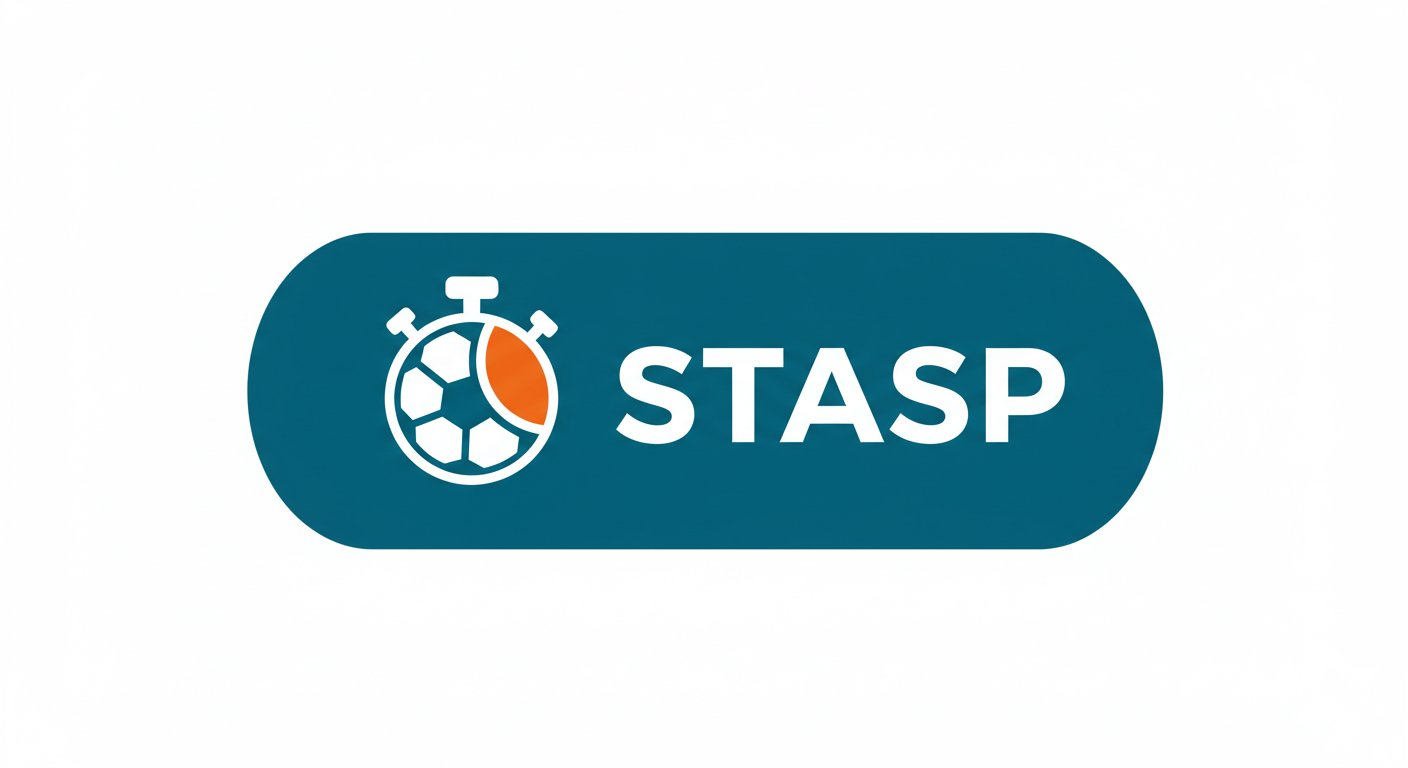Abstract
This project explores the use of Answer Set Programming (ASP) as a declarative paradigm to solve the classic combinatorial sports timetabling problem. ASP allows scheduling rules and constraints to be expressed in a high-level, human-readable form, which enables fair and efficient timetables to be generated automatically.
The first part of the study applies ASP to the International Timetabling Competition (ITC2021) benchmark, to evaluate ASP’s performance on large-scale, highly constrained scheduling instances. The study analyses optimization strategies and compares ASP’s effectiveness with established solver approaches to assess its competitiveness and scalability. The second component of the study focuses on the practicality of ASP, developing a comprehensive model for multi-stage tournaments, using the FIFA World Cup group stage as a case study. The model incorporates realistic constraints such as venue limits, rest periods, and fairness objectives, and is evaluated against a Constraint Programming (CP-SAT) benchmark.
Overall, these findings establish Answer Set Programming as a robust and expressive declarative framework capable of addressing both real-world sports scheduling and benchmark level timetabling challenges with flexibility, clarity, and comprehensive research.
Videos 1
Watch presentations, demos, and related content
Concise overview of how Answer Set Programming (ASP) has been explored to investigate the complex world of sports scheduling. It contrasts the traditional "recipe" or procedural method of programming with the "rules" or declarative approach of ASP.
Like, comment, and subscribe on YouTube to support the creator!
Concise overview of how Answer Set Programming (ASP) has been explored to investigate the complex world of sports scheduling. It contrasts the traditional "recipe" or procedural method of programming with the "rules" or declarative approach of ASP.
Gallery 1
Explore the visual story of this exhibit

STASP